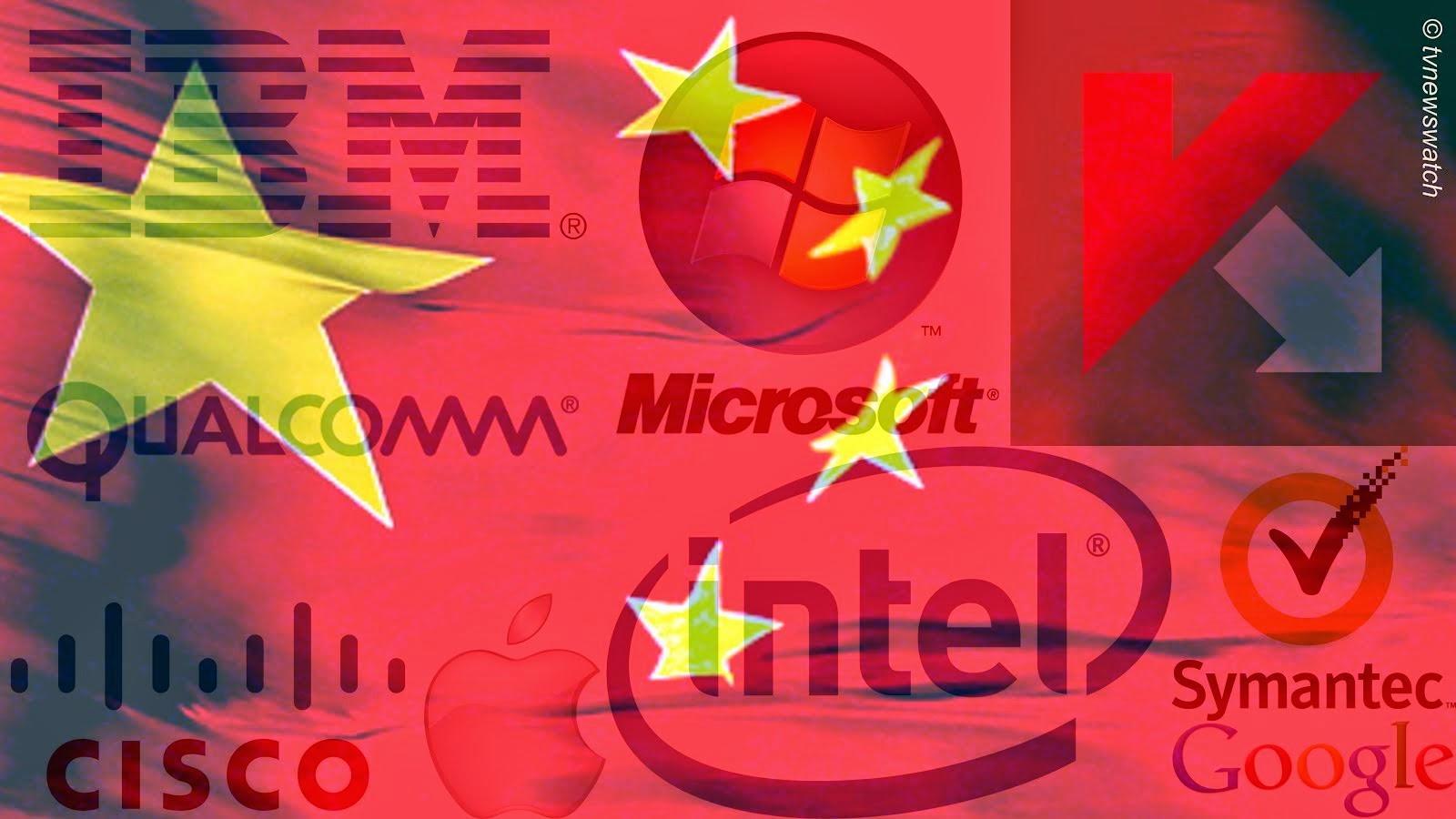Affiliate links on Android Authority may earn us a commission. Learn more.
Chinese officials continue to push western technology out

In China, the National Development and Reform Commission (NDRC) is one of three antitrust regulators whose job is to investigate corporations over alleged “anti-competitive” behavior based on a 2008 anti-monopoly law. But now at least 30 foreign corporations from around the world are complaining about the treatment that their representatives are receiving from Chinese officials during such investigations.
As the New York Times wrote last week:
“Now China is using its growing economic and financial muscle to dictate new terms, as dozens of American, European and Japanese businesses face scrutiny for corruption, monopolistic practices and, most recently, tax evasion.”
When corporations send their foreign lawyers to China to meet with NDRC officials, they are routinely met with numerous behind-the-scenes tactics. In some cases, corporate officials are personally threatened, banned from meetings and browbeat into admitting things that aren’t true.
It got so bad for one wireless patent developer, InterDigital Inc., that their CEO publicly refused to send executives to China for talks with the NDRC for fear that they may be threatened and arrested. Some corporations are so tired of the harassment that they are telling Reuters to soon expect “the end of a golden age for foreign business in the world’s second-largest economy.”
Considering that the NDRC has all but forbid some foreign corporations from bringing in foreign lawyers (due to the NDRC wanting local attorneys that they could intimidate and manipulate), it isn’t hard to see why InterDigital would be worried.
Recently, the NDRC has been in the news for their investigation of Qualcomm. According to news reports, China is rumored to be assessing whether to impose a $1 billion against Qualcomm. The NDRC is specifically investigating whether Qualcomm is price-fixing their Snapdragon mobile chip-sets which have been very successful in China. At the moment, Qualcomm is projected to remain the sole chip-set provider who can support both 3G and 4G handsets in China for the first six to nine months of 2014.
Except, this is where the questions begin. Why is it that Qualcomm still hasn’t even been informed for whether they have violated the anti-monopoly law? The obvious answer would be that maybe the NDRC isn’t actually investigating Qualcomm. But Xu Kunlin, the head of price supervision at the NDRC, has publicly stated that they have obtained “substantial evidence” against Qualcomm.
Also, is it a coincidence that the NDRC is targeting Qualcomm when China’s three largest telecoms are state owned and plan to invest close to $17 billion in LTE expansion across the country next year? Then there is the fact that Chinese organizations have been busy purchasing any local mobile chipmakers (Spreadtrum & RDA Microelectronics) whose technology directly competes with Qualcomm.
Chinese authorities are simply pushing foreign companies to cut prices and punishing them with large fines.
Let’s also not forget that the Qualcomm investigation started due to complaints from “unspecified Chinese industry associations and companies” according to Xu Kunlin.
So, it isn’t that hard to see why so many foreign corporations are a bit suspicious at this so-called anti-trust investigation all the while China’s government continues doing whatever they can to gain an technology advantage against foreign competitors.
As the New York Times summarized, Chinese authorities are simply pushing foreign companies to cut prices and punishing them with large fines. GlaxoSmithKline, Volkswagen, Chrysler, Mead Johnson, Samsung, Johnson & Johnson and other companies have been charged with million dollar fines this year, while Microsoft and Daimler are also under investigation.
If there is any good news, it may be that Xu Kunlin, the strongest advocate of harsh action against foreign corporations, has been transferred to run a separate price regulation division. Although there has not been any official comment from China, as the New York Times notes, the transfer “came right after foreign businesses and governments had complained bitterly to senior Chinese officials about the anti-monopoly investigations.”
To be fair to China, it should be noted that Qualcomm’s past is far from squeaky clean. In fact, the Federal Trade Commission has recently opened an investigation into Qualcomm. But Qualcomm claims that the investigation is centered on their patent licensing business.